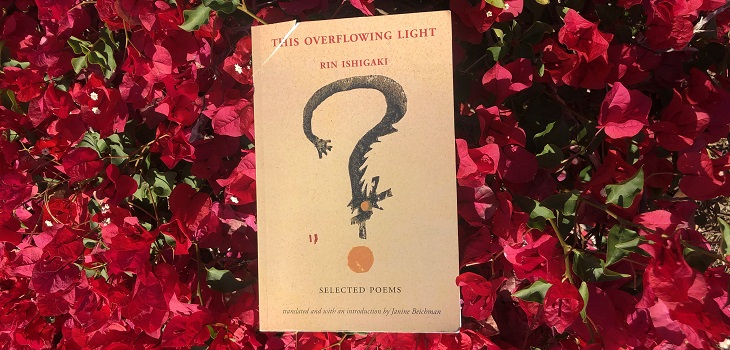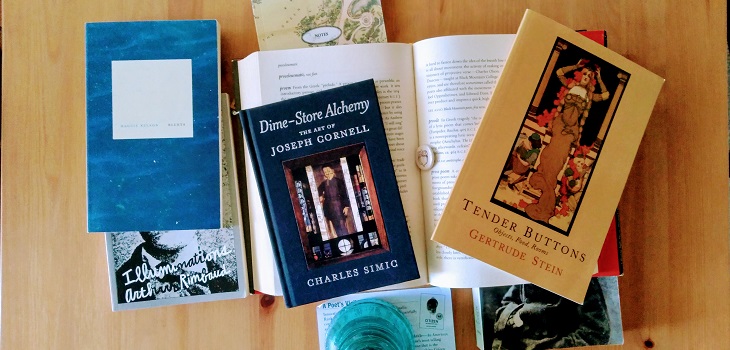Notes of Oak | Literary Resources for a Poetic Lifestyle
Poeticize your existence with a blog featuring book reviews, artistic pairings, original creative literature, and textual commentary curated and composed by writer Hannah Huff.
Why Read Notes of Oak?
TO REFINE YOUR AESTHETIC
Cultivate your literary palate to recognize and appreciate poetic masterpieces.
TO POETICIZE THE PROSAIC
Experience the everyday, from foamy mimosas at brunch to car rides past cacti, more poetically.
TO ENRICH YOUR READING EXPERIENCE
(Re)Discover a love for the art of reading.
Learn more about what kind of reader you are.
Who is Hannah Huff?
Always a poet, occasionally an essayist, and ripening as a literary connoisseur, I am a summa cum laude graduate of both UCLA (B.A. in English) and CSULB (MFA in Creative Writing: Poetry), and a Library Assistant at a community college in Orange County.

Read My Featured Published Literature
“A Routine Groundbreaking” – The Coil DaguerreoTyped #20: Ekphrastic Response
………………………………………..
“I’m Thinking About My Molars Again, Hidden Laborers” – Portland Review Vol. 66
………………………………………..
Literary Hor D'oeuvres from the Notes of Oak Blog
-

Ishigaki Rin’s Poetry Shines in ‘This Overflowing Light’
10 Dec , 2022Translation tests a poem’s mettle. In the odyssey between two languages, words can grow strewed and cloudy, drifting far from their intended meaning. But in other cases, the poem may arrive filled with new music and light, and resonant with the essence of the distant poet’s voice. And what a beautiful thing that is: two poems now exist in the world, both the same and different. In the case of ‘This Overflowing Light: Selected Poems’ by Rin Ishigaki, translated and with an introduction by Janine Beichman (Tokyo and London: Isobar Press, 2022), the poems have not only weathered their journey from Japanese to English, they have arrived in beautiful form.
-

Prose Poetry: What’s the Point?
05 Oct , 2021Prose poetry. It sounds like an oxymoron. Like jumbo shrimp. Or plastic silverware. Or a soothing Lithuanian folk song. But it does indeed exist, having been wrought into existence by the exceptional creativity or pure boredom of writers. But why? Why taint the dainty lines of poetry with the blocky bulk of prose? Let’s find out by looking at the form’s history, major works, essential characteristics, and a literary analysis of Robert Bly’s prose poem “Warning to the Reader.”
Why Notes of Oak?
1. For a literary reading experience steeped in oak aesthetics.
2. To provide poetic communiques written as oak wood would.
3. Because we need more exquisite an-“note”-tations on the ordinary.
